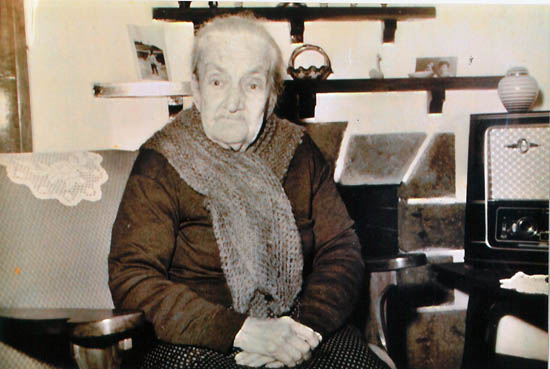 Petronila Augusta Segurado Carneiro Calado, or Augusta Petronila, as she also used to use it, was a common citizen, like so many others, but with a particularity: a path of life as simple as it is unique.
Petronila Augusta Segurado Carneiro Calado, or Augusta Petronila, as she also used to use it, was a common citizen, like so many others, but with a particularity: a path of life as simple as it is unique.
He was born in Lagoa, on January 6, 1858, and died in Lisbon 103 years later, in June 1961.
His longevity, very rare for the time, reflected, as expected, the environment in which he lived, allowing him to know and above all enjoy the technological evolution of humanity.
His path spanned Lagoa, São Bartolomeu de Messines, where he lived for many years, and also Lisbon and the Azores.
To talk about her life, more than fifty years after her death, is to undertake a journey into regional history and the vicissitudes of another Algarve that Petronila Calado knew so well, and which, at times, omitted even to her closest family members.
Your name is an example of this. Although originating from wealthy families (Júdice, Trindade, among others), Petronila was “exposed”, as happened then to many children, generally of poor resources, “given to raising” other families. If this in itself constituted a great misfortune, it was still materialized for its entire existence through the name given to it, after all, all the "abandoned" were registered, or rather, baptized (civil registration only became mandatory after the implantation of the Republic) with eccentric names.
If the little neophyte would see her parents legitimized “by their subsequent marriage”, the name stayed with her throughout her life, and about it little or no explanation, a secret that she kept at cost throughout her life.
At the age of 19 (1877) and a few months after her marriage, the young Petronila undertook a boat trip to Lisbon.
This was the fastest transport between the Algarve and the capital of the kingdom (about a day), as the train would only reach Faro in 1889.
Having arrived in Vila Nova de Portimão, due to adverse weather conditions and the rough sea, the ship or steamer, as it was also called, could not set sail.
Several passengers thus saw their attempts frustrated, including the Viscountess of Portimão and her goddaughter.
The most sensible alternative would be to wait for the necessary calm for the trip, which could last for hours or even a few days, or cross the Algarve mountains on a stagecoach, a hypothesis rarely practised, since it takes a long time and involves a high risk, due to frequent robberies, or traveling by road to Vila Real de Santo António and then taking the boat to Mértola, taking another step to Beja and finally taking the train to Barreiro.
Petronilla, with a restless and adventurous spirit, did not wait for the good weather and immediately considered the third hypothesis, which she had already heard of.
The project was presented to the Viscountess so that they could hit the road, with the advantage that, in Vila Real, they could stay overnight at the house of an uncle prior, the three reached an agreement and took the stage towards the Pombaline village.
The journey went without incident, apart from the tickle that the Viscountess's vast and elegant feathered hat caused on the nose of Petronilla as she sat opposite her as she dozed off from the numbness and weariness caused by the rhythmic progress of the horses.
After the first part of the journey was over, it was with a pleasant surprise that they found the parish priest's residence in celebration: the case was no small feat, after all the cleric had won the lottery, ten thousand kings, a fortune…
However, despite all the festive moment, the three adventurers faced a problem, customs control. This was frequent and took place in different places along the route.
Of course, the type of trip that was necessarily long and subject to several changes of transport required passengers to take supplies with them, and the case in point was no exception. That was the main problem: how to get the sausages, ham, and cheese they had with them through the customs officials?
Once again, Petronilla's wit settled the issue. The night before the trip, the three ladies decided to remove the “tenderness”, that is, the false hips, the latest in Parisian fashion, which accentuated the silhouette and reduced the waist.
Instead, they sewed and rolled the sausages and other groceries onto the hips, preserving the elegance and achieving an easy pantry, just lifting a skirt to reach it...
And the journey continued up Guadiana, then towards Beja and finally by train to Lisbon, without any problems with customs control.
The astute travelers arrived safe and sound at the capital of the kingdom, possibly at the same time as the boat, but this does not tell the story, it is known that they arrived with a well comforted stomach and certainly emanating a "very" pleasant odor from their elegant dresses .
Petronila married on January 10, 1878, in Porches, with José Lourenço Calado (1841-1920), single, 17 years older, born in São Bartolomeu de Messines, where they would later settle.
It was here that in 1918, in the midst of the Pneumonic Flu, he isolated himself from the outside world, closing himself up at home, a sensible attitude that allowed him to survive the appalling epidemic that would snatch his daughter-in-law. As a result, she assumes responsibility for raising her granddaughters.
Petronila's shrewdness will remain throughout her existence, so that, at the age of 96, she accompanied her granddaughter, Maria Filomena Calado Florêncio and Lieutenant Serafim Florêncio's husband, on a plane trip to Terceira Island, where they took up residence, returning by the same route when he had already turned 101.
The “Diário Insular” reported the event, as well as the celebration of its centenary, highlighting the perfect lucidity of the birthday girl and the lively conversation she had with the guests.
On the other hand, the Farense “Correio do Sul” attributed to her, in the edition of January 6, 1958, the “fair title of the oldest in the Algarve that does not fear any travel accidents and, of course, that of the oldest passenger. that to the airport of Lages will have been taken by plane”.
Petronila Calado did not know the completion of the airport in Faro, but that did not stop him from traveling by plane twice and enjoying the speed and convenience of the trip, so different from those he undertook in his youth and mature age.
His longevity, cunning and adventurous spirit allowed him to take advantage of the evolution of means of transport, from boats to trains, old medieval roads, to the construction of roads, first macadamized and then tarred, and from these to aviation. All this without forgetting the emergence of the telephone, photography, radio, cars and television.
When she died in 1961, it wasn't just the Algarve that had changed, it was Humanity itself, and Petronila Augusta Calado not only witnessed, but also benefited from this evolution.
Notes: The origin of the name Petronila has always been a neglected subject in the family, being unraveled by consulting her baptism record.
The historic trip to Lisbon, in 1877, was shared with us by the 100-year-old granddaughter Aura Ramos Calado Gameiro, supported by her daughter Isabel Gameiro Correia and her niece Dr. Vanda Coelho, to whom we are very grateful.
Author Aurélio Nuno Cabrita is an environmental engineer and researcher of Local and Regional History
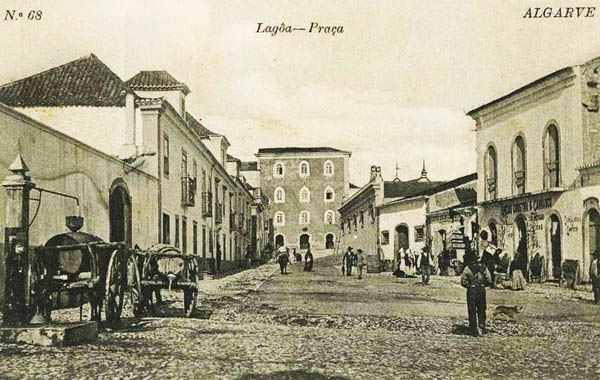
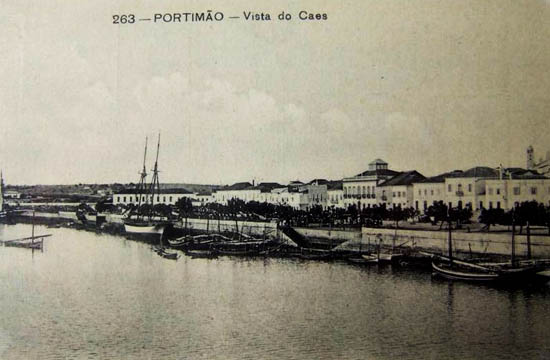
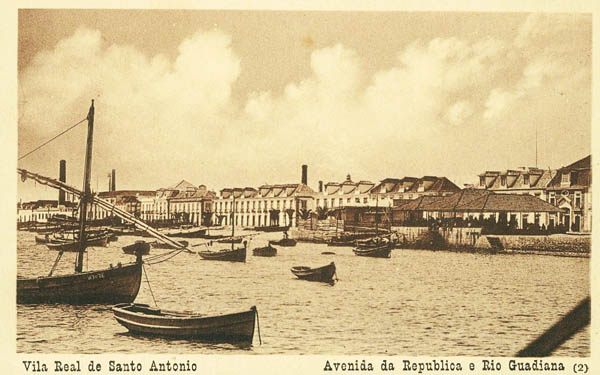
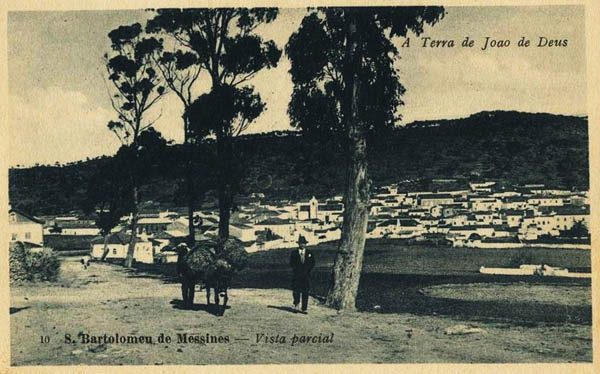
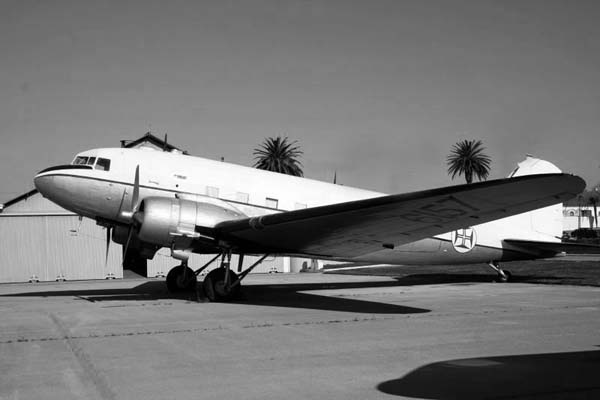


















Comments